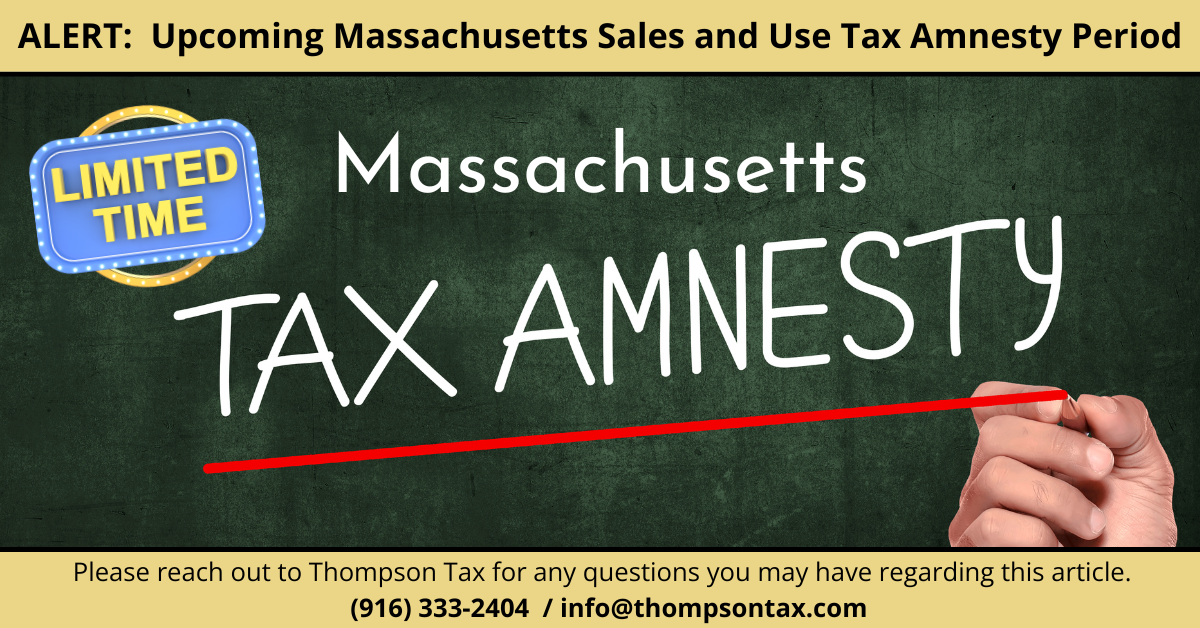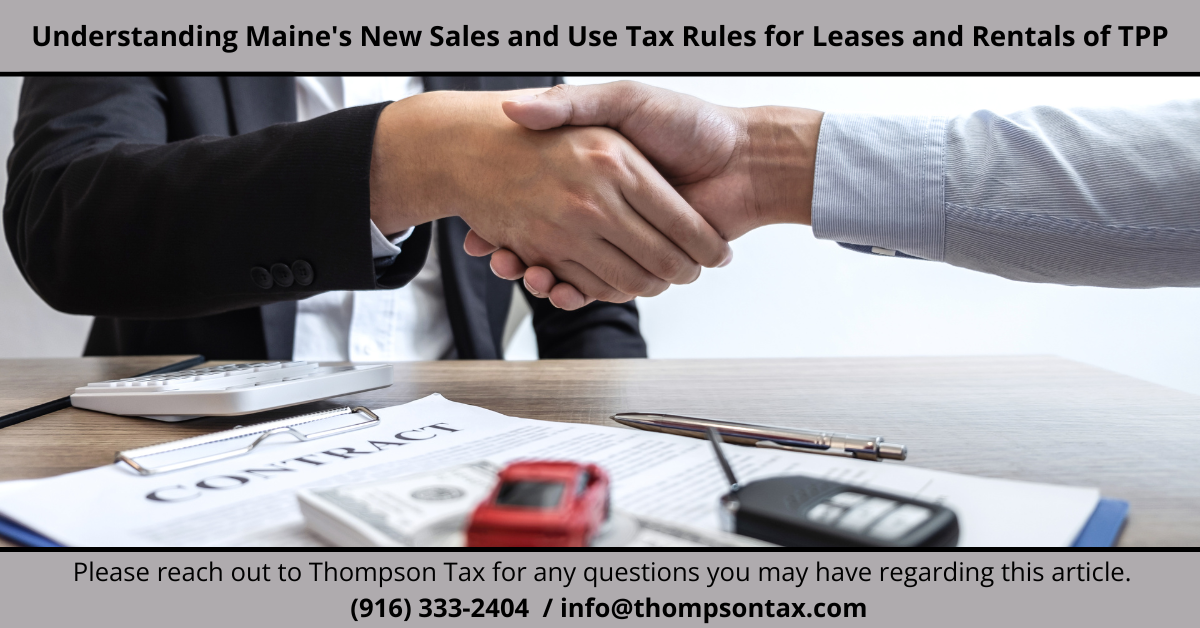Sales and Use Tax Trends for 2025: What Businesses Need to Know as the Year of the Snake Crawls In

As we near 2025, the sales and use tax landscape is evolving faster than ever, thanks to changing consumer habits, cutting-edge technology, and determined governments looking to close tax gaps. For businesses, staying on top of these trends is key to avoiding any tax “bites.” Let’s dive into what’s ahead!
Sales and Use Tax Trends for 2025
1. Increased Focus on Sales and Use Tax Audits
Use tax is often overlooked by businesses, but in 2025, tax authorities are stepping up their game to make sure no stone (or sale) goes unturned. Be prepared for stricter enforcement as they aim to close that revenue gap.
- Keep in mind that post-COVID, state auditors’ overall institutional knowledge has waned due to mass retirement, so audits are becoming more difficult to navigate. Not only are auditors becoming more aggressive but there is a learning curve involved as well, so expect a few surprises!
- According to the 2023 Eversheds Sutherland SALT Scoreboard, taxpayers only won 44% of significant sales and use tax cases. By mid-2024, that number dipped to 24%. The odds aren’t exactly in your favor, so stay vigilant!
2. Services Taxation Expands (Yes, Again)
The digital world keeps growing, and tax authorities are hustling to keep up. More states are taxing digital goods like e-books and streaming services, along with services like SaaS platforms. So, if you’re in the business of bytes, it’s time to pay extra attention!
3. Digital Goods – The Plot Thickens
If you’re selling digital products, it’s time to brush up on the rules—state by state. The complexity is only increasing, and 2025 will bring new twists:
- Broader Definitions: States may broaden what they consider taxable digital goods. Some might even classify more cloud-based services as “tangible personal property.” (Yes, even though they aren’t tangible!)
- Marketplace Facilitator Rules: If you’re using platforms to sell your digital goods across borders, expect more marketplaces to collect and remit taxes on your behalf. Overall, this will be less hassle for your business, but more paperwork to keep track of!
4. Economic Nexus – Know Your State and Local Rules!
Remember the 2018 South Dakota v. Wayfair ruling? It’s been a game-changer for out-of-state sellers, and by 2025, almost every state will have economic nexus laws in place. But the devil is in the details—each state has its own thresholds and requirements, so stay sharp (or get bit)!
- NOMAD States: There are fifty states, plus the District of Columbia, and only five of them do not collect a state sales tax (aka the NOMAD States: New Hampshire, Oregon, Montana, Alaska, and Delaware)
- Home Rule States: Watch out for Alabama, Colorado, and Louisiana, where local jurisdictions act independently. These places like to keep things… interesting.
5. Automation: Your Worst Enemy or New Best Friend?
*Remember the song ‘In the Year 2525’ (Zagar and Evans)? Technology is taking over!
- Auditors Have What It Takes to Take What You Have: Auditors are now using AI to process mountains of sales data at warp speed. If you’re in California’s restaurant business, AI is already eyeing your books!
- On the flip side, AI can help you, too! The use of AI platforms will help your business predict tax obligations, catch errors before they become expensive mistakes, and even suggest improvements to streamline compliance.
- Seamless Integration: The latest tax automation tools will focus on seamless integration with enterprise resource planning (ERP) systems, e-commerce platforms, and payment processors. This will make it easier for businesses to track and manage sales and use tax across different jurisdictions without manual intervention.
- Blockchain for Tax Compliance: Though still in its infancy, blockchain technology could play a role in future tax reporting. Some experts predict that blockchain could be used to create an immutable record of transactions, making tax audits more transparent and efficient. In 2025, we may see early-stage pilot programs or regulatory discussions about its use in tax compliance.
Thompson Tax’s Top 10 Sales & Use Tax Concerns for 2025: Snake Edition
1. Do You Really Know Your Audit Data? (Eastern Brown Snake)
Just like the fast and elusive Eastern Brown Snake, missed audit data can sneak up on you. Stay sharp, or this one might strike when you least expect it!
2. Reconcile Your Sales and Use Tax Returns (Pit Viper)
Pit Vipers are known for their accuracy in targeting their prey. Be just as precise when reconciling your tax returns with financial statements and your Federal Tax return—accuracy is key!
3. Use Tax Accrual Procedure (King Cobra)
Whether your process is manual or automated, be as vigilant as the King Cobra. Having a clear and consistent use tax accrual procedure will help you avoid dangerous missteps.
4. Know Your Nexus and Marketplace Rules (Water Moccasin)
Nexus rules can be murky, like a Water Moccasin hiding in the shallows. Stay informed on both state and local requirements, or you might find yourself in deep water.
5. Taxability of Your Products & Services (Coral Snake)
The Coral Snake’s vibrant colors are a warning—just like unclear taxability can be a red flag. Ensure you fully understand what’s taxable, or you could be treading into dangerous territory.
6. Exemption Certificate Rules and Policies (Black Mamba)
Like the swift Black Mamba, exemption certificates can be a fast-moving target. Make sure you have strong policies for collecting and storing these documents, or risk getting caught off guard.
7. AI & Compliance (Sea Snake)
AI is making waves, much like the Sea Snake in its habitat. Stay ahead of the tide by ensuring your systems are equipped for the latest tech-driven compliance challenges.
8. Overpaying Sales Tax to Vendors (Bushmaster)
Bushmasters are elusive and hard to spot, much like hidden overpayments. Don’t let overpaid sales tax to vendors sneak past you—review your records and reclaim those dollars!
9. Measuring Value to Your Organization (Rattlesnake)
Like the Rattlesnake’s unmistakable warning, the value your tax strategy brings to your organization should be loud and clear. Make sure your efforts are impactful and measurable.
10. Are You Having Fun Yet? (Copperhead)
The Copperhead might not be the most aggressive snake, but it still packs a punch. Inject some fun into the process, stay alert, and make sure tax compliance doesn’t catch you off guard.
The Takeaway: Know Your Nexus and Your Numbers!
In 2025, it’s mission-critical to understand your state and local nexus rules, the taxability of your products and services, and to keep immaculate records. When the tax auditor is within striking distance, you’ll want to confidently navigate the conversation with a complete understanding of your books and data to avoid being bit.
Thompson Tax is here to help you handle your current and upcoming sales and use tax challenges with expert guidance tailored to your needs. Let us be your trusted Sales and Use Tax Advisors – we can help you tame the snake! Contact us today!


